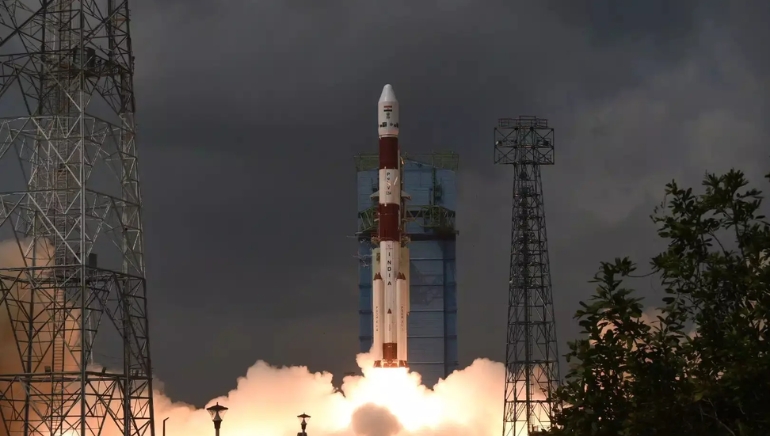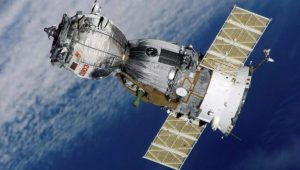ISRO’s PSLV Orbital Experimental Module-3 (POEM-3) successfully re-entered Earth’s atmosphere on January 1, 2024, leaving no orbital debris. The final PSLV stage, converted into POEM-3, was deorbited from 650 km to 350 km altitude, facilitating rapid re-entry.
Within a month, POEM-3 completed its mission with nine experimental payloads, six of which were NGE deliveries via IN-SPACe. The upper stage decayed naturally, impacting the North Pacific on March 21, 2024.
Startups, academic institutions, and NGEs use POEM as an affordable platform for space experiments for a range of tests, such as star-tracking and electric thrusters. It has innovative navigation algorithms, standard interfaces, and complete avionics. Body rates were kept constant, while residual propellant managed to cause the least amount of disruption.
The realisation of POEM was led by VSSC, and the third successful mission was PSLV-C58/XPoSat. The mission operations team of ISRO oversaw payload operations, while IS4OM kept an eye on orbital degradation. Up until it made a re-entry, POEM-3 was under surveillance by ground stations and radars.
In response to the risks posed by space debris, ISRO reiterated its commitment to conducting affordable orbital experiments. To protect orbital environments for present and upcoming missions, it committed to improving trash tracking, developing deorbiting technology, and encouraging responsible satellite deployment.















